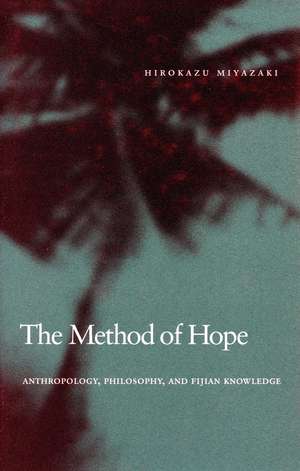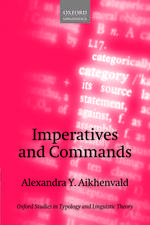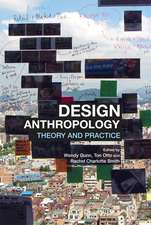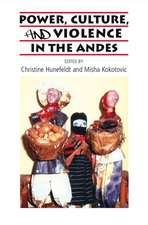The Method of Hope: Anthropology, Philosophy, and Fijian Knowledge
Autor Hirokazu Miyazakien Limba Engleză Paperback – 10 oct 2006
The Method of Hope examines the relationship between hope and knowledge by investigating how hope is produced in various forms of knowledge—Fijian, philosophical, anthropological. The book discusses the hope entailed in a wide range of Fijian knowledge practices such as archival research, gift giving, Christian church rituals, and business practices, and compares it with the concept of hope in the work of philosophers such as Immanuel Kant, Ernst Bloch, Walter Benjamin, and Richard Rorty.
The book participates in on-going debates in social theory about how to reclaim the category of hope in progressive thought. The book marks a significant departure from other such efforts by combining a detailed ethnographic analysis of the production of hope in Fijian knowledge practices with an imaginative reading of well-known philosophical texts. The aim is to carve out a space for a new kind of relationship between anthropology and philosophy.
The book participates in on-going debates in social theory about how to reclaim the category of hope in progressive thought. The book marks a significant departure from other such efforts by combining a detailed ethnographic analysis of the production of hope in Fijian knowledge practices with an imaginative reading of well-known philosophical texts. The aim is to carve out a space for a new kind of relationship between anthropology and philosophy.
Preț: 189.66 lei
Nou
Puncte Express: 284
Preț estimativ în valută:
36.29€ • 37.97$ • 30.15£
36.29€ • 37.97$ • 30.15£
Carte disponibilă
Livrare economică 12-26 martie
Livrare express 26 februarie-04 martie pentru 30.71 lei
Preluare comenzi: 021 569.72.76
Specificații
ISBN-13: 9780804757171
ISBN-10: 0804757178
Pagini: 216
Dimensiuni: 140 x 216 x 15 mm
Greutate: 0.26 kg
Ediția:1
Editura: Stanford University Press
Colecția Stanford University Press
ISBN-10: 0804757178
Pagini: 216
Dimensiuni: 140 x 216 x 15 mm
Greutate: 0.26 kg
Ediția:1
Editura: Stanford University Press
Colecția Stanford University Press
Recenzii
"Innovative and theoretically provocative."—Oceania
"What is hope? Can one hope to understand it? Must one hope in order to understand it? Is hope, then, a method of knowing rather than an object of knowledge? In a brilliant synthesis of philosophy and anthropology, Miyazaki engages the reader with these questions in a path-breaking example of contemporary ethnography."—Journal of the Royal Anthropological Institute
"A lucid and compact work, The Method of Hope will ideally reorient anthropological knowledge, not only about Fiji but also about the ways in which, as Miyazaki writes, 'hope is a common operative in knowledge formation, academic and otherwise.'"—Anthropological Forum
Notă biografică
Hirokazu Miyazaki is Assistant Professor of Anthropology at Cornell University.
Textul de pe ultima copertă
“What is hope? Can one hope to understand it? Must one hope in order to understand it? Is hope, then, a method of knowing rather than an object of knowledge? In a brilliant synthesis of philosophy and anthropology, Miyazaki engages the reader with these questions in a path-breaking example of contemporary ethnography.”—Journal of the Royal Anthropological Institute
"A lucid and compact work, The Method of Hope will ideally reorient anthropological knowledge, not only about Fiji but also about the ways in which, as Miyazaki writes, 'hope is a common operative in knowledge formation, academic and otherwise.'"—Anthropological Forum
"A lucid and compact work, The Method of Hope will ideally reorient anthropological knowledge, not only about Fiji but also about the ways in which, as Miyazaki writes, 'hope is a common operative in knowledge formation, academic and otherwise.'"—Anthropological Forum
Descriere
This book juxtaposes the long-standing hope of a group of dispossessed Fijians of regaining their ancestral land with the concept of hope in the philosophy of Ernst Bloch. It seeks to highlight the category of hope in anthropological knowledge and reclaim it for social theory, and to carve out a space for a new kind of relationship between anthropology and philosophy.














